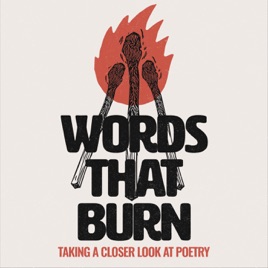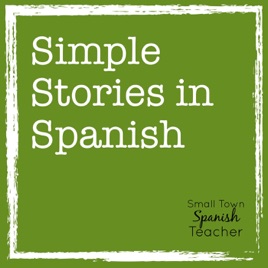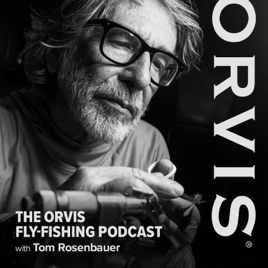The Deluge and The Tree by Fadwa Tuqan
2023/11/29
Donation Link:
Ireland Palestine Solidarity Campaign: http://www.ipsc.ie/support/donate
*correction: In the episode I mistakenly say the Ireland Solidary Palestine Campaign or ISPC, it is in fact the Ireland Palestine Solidarity Campaign or IPSC apologies for this.
In this episode, we explore "The Deluge and the Tree" by the renowned Palestinian poet Fadwa Tuqan (1917-2003), a voice of defiance and hope amidst the struggles of the Palestinian people. As Palestine faces ongoing challenges since October 7, 2023, we turn to Tuqan's work to shed light on the enduring spirit of resistance and resilience.
Fadwa Tuqan, born into a turbulent era in Nablus, Palestine, witnessed first-hand the hardships of occupation and displacement, experiences that deeply influenced her poetry. Despite facing a conservative upbringing and limited formal education, Tuqan's poetic journey, initially guided by her brother, Ibrahim Tuqan, evolved to echo the cries of her people. Her early works, published under the pseudonym Dananir, touched on themes of women's silencing and the need for Muslim feminism.
The pivotal year of 1948, marked by the Nakba – the mass displacement of Palestinians – transformed Tuqan's poetic voice into a beacon of political resistance. Her words became a rallying cry against the injustices faced by her people, particularly following the second wave of displacement in 1967, known as the Naksa.
"The Deluge and the Tree," a poem from her 1988 collection "Daily Nightmares," masterfully intertwines nature imagery with the Palestinian struggle. The hurricane symbolizes the invading forces, while the resilient tree represents the enduring Palestinian spirit. This metaphor extends throughout the poem, reflecting Tuqan's deep connection to her land and her people's unwavering determination to resist and reclaim their identity.
As we analyse this powerful poem, we also recognize the importance of poetry in Arab culture – not as an elite art form but as a medium of mass appeal and spontaneous reaction to events. Tuqan's work, like that of her contemporaries, served as a vital tool in nurturing Palestinian nationalism and hope.
Join us in this episode as we dive deep into "The Deluge and the Tree," understanding its historical context, symbolism, and the lasting impact of Fadwa Tuqan's words.
Listen to the Episode on Mahmoud Darwish
Follow the Podcast:
Read the Script on Substack
Follow the Podcast On Instagram
Follow the Podcast on X/Twitter
Follow the Podcast on Tiktok
Hosted on Acast. See acast.com/privacy for more information.
more















